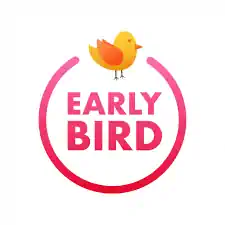Specific Learning Outcomes
By the end of the sub strand, the learner should be able to:-
- use the present continuous tense to describe on-going activities related to the weather and the environment,
- talk about on-going actions for effective oral communication,
- respond to questions using the present continuous tense,
- appreciate communicating ideas using the present continuous tense in oral communication.
Suggested Learning Experiences
- Learners demonstrate actions or activities in class.
- Learners are guided to construct sentences about ongoing demonstrations or activities.
- Learners respond to simple questions using the present continuous tense.
- Learners ask and answer questions in pairs/groups about what is happening.
- Learners repeat sentence structures containing simple present continuous tense from a story, poem or conversation they have listened to.
Key Inquiry Question(s)
- What are you doing?
- What is the teacher doing?
Core Competences to be developed: Communication and collaboration and Self efficacy as they use the present continuous tense to talk about on-going actions for effective oral communication.
Link to PCIs: ESD– Environmental education enhanced through the theme.
Life skills- effective communication
Links to other subjects : Links specifically to Kiswahili. However it also links to all the other subjects because present continuous tense is used in sentence construction in various subjects
Suggested Non formal Activity to support learning: Using the present continuous tense during play
Suggested Learning Resources: Charts, pictures/ photographs on ongoing activities,computer devices with audio-visual recordings of dialogues with sentence structures on present continuous tense.
Link to Values: Respect, Responsibility
Suggested Community Service Learning activities: Share with friends and community about Environmental preservation
Suggested assessment: Oral questions, portfolio, observation
Suggested Formative Assessment Rubric
Exceeding Expectations
The learner always describes actions, asks and responds to questions about ongoing activities correctly, using the present continuous tense.
Meeting Expectations
The learner describes actions, asks and responds to questions about ongoing activities correctly, using the present continuous tense.
Approaching Expectations
The learner occasionally describes actions, asks and responds to questions about ongoing activities correctly, using the present continuous tense.
Below Expectations
The learner rarely describes actions, asks and responds to questions about ongoing activities correctly, using the present continuous tense.
